TVB Producer Amy Wong Admits She Doesn’t Like to Take Risks
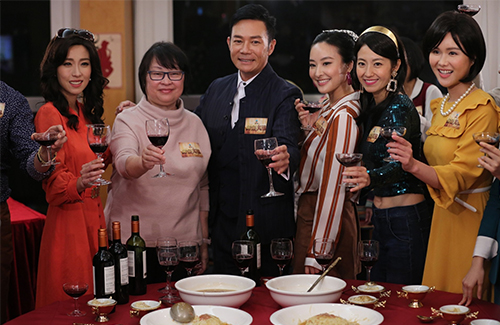
Of Greed and Ants <黃金有罪> producer Amy Wong (王心慰) is one of the most celebrated drama producers in Hong Kong. Since releasing her first production in 1978, she has had a string of successful television dramas, such as TVB’s Burning Flame <烈火雄心> series, Lord of Shanghai <梟雄>, and Daddy Cool <逆緣>. She is credited for boosting the careers of Ruco Chan (陳展鵬) and Kevin Cheng (鄭嘉穎), turning them from unknown faces to TV Kings.
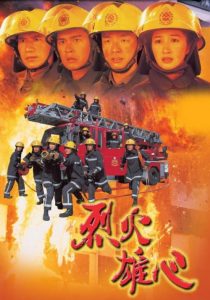
But Amy has never cared about making kings. She just wants to tell her stories.
“I’m just a little woman. I only want to make what I like,” she said. “I never knew how to fight for myself. Maybe that’s why I could only make smaller productions.”
But series like Burning Flame and Lord of Shanghai are far from being small productions. The former kickstarted a successful trilogy, and the latter was 2015’s anniversary series and Best Drama winner.
“In Hong Kong’s eyes, those are big productions,” she said. “But I grew up watching David Lynch and Akira Kurosawa (黑澤明). Of course I’d imagine myself to make productions as great as theirs, but that’s impossible. The boss has a budget in place. To make things perfect requires a lot of money, so all you can do is to make it as close as perfect as you can.”
Rising competition from other countries has pushed Hong Kong’s own television industry smaller and smaller. Many producers of her generation has either moved on to doing films or have left Hong Kong for mainland China, where opportunities are plentiful with better production values.
But for Amy, she never had that interest.
“I’m not ambitious,” she said. “If I leave, I’d have to consider many other things, like how to fight for my ideas, how to handle the different social relationships. I rather stay put in a comfortable environment. Life isn’t all about my career. There’s also family.”
With limited resources and budget, Amy has limited options in how she can tell her stories. “Every year, the company would set aside a budget. After a big production comes a smaller one. That’s something I would do on my own too.” It’s better to play safe, added Amy, as that would benefit not only the company, but also herself as a producer.
If there is one criticism that TVB dramas would always get, it is having a soap opera writing style. Characters narrate their thoughts in the open instead of delivering their emotions through scene-setting and natural dialogue exchanges.
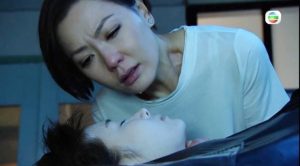
A perfect example of TVB drama being too soap opera is Amy’s very own Destination Nowhere <迷>, starring Kevin Cheng and Kristal Tin (田蕊妮). The drama initially gained attention for being an atypical TVB genre—black comedy suspense with a villainous lead character. Unfortunately, the show fell victim to its soap dialogue, which contradicted with the show’s overall genre and style.
And Amy absolutely agrees with this criticism, but she would rather stick with old formulas than lose audiences.
“I understand that if a plot is written more implicitly and leaves room for imagination, the entire story would become a lot more layered and individualistic,” she said. “But we can’t forget that it is also important to maintain the interests of your audience. I admit that I probably could have toned down a lot more of the dialogue in Destination, but if I didn’t use the characters to explain the plot, the audience would not be able to catch up.”
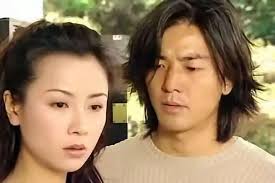
She experienced the impact of losing audiences first-hand with her 1999 TVB series, Face to Face <雙面伊人> starring Ekin Cheng (鄭伊健). The suspenseful series relied less on dialogue and more on inference; many viewers ended up losing track of where the story was heading. Face to Face’s lowest viewership rating dropped to 18 points, and in an era where 40 points were considered to be successful, Face to Face was deemed a failure. ATV’s Young Hero Fong Sai Yuk <少年方世玉>, its main competitor at the time, easily defeated Face to Face in the ratings battle.
A similar, but less dramatic situation, happened with Amy’s 2008 thriller Last One Standing <與敵同行>. Despite earning universal critical acclaim and having a strong online fanbase, the show dealt with unimpressive ratings due to a very similar reason—Hong Kong’s “C9” viewers found it hard to follow.
“American viewers don’t like it when their shows share too much information,” said Amy. “They want the space to figure it out themselves, but if Hong Kong viewers aren’t given the information from the get-go, they’ll just not watch it. That was a huge lesson I learned from Face to Face. In order to hold onto audiences, you have deliver the story through dialogue.”
But with American and Korean TV shows gaining more and more popularity in Hong Kong, maybe now is finally the time for TVB to consider changing its old formula to adapt to the new. Maybe Hong Kong viewers are now finally ready to see different content.
Source: HK01.com
This article is written by Addy for JayneStars.com.

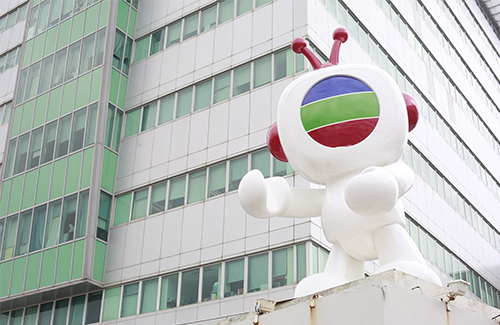
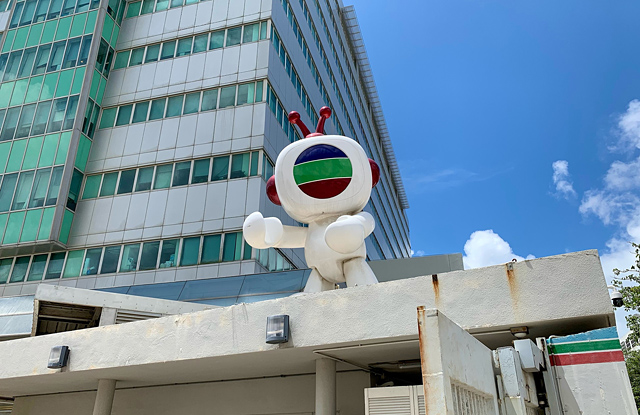
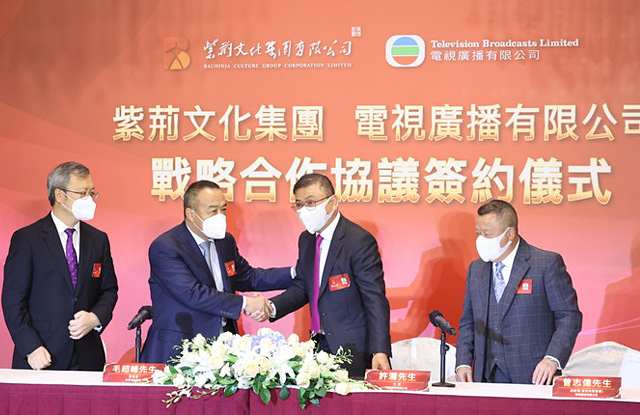

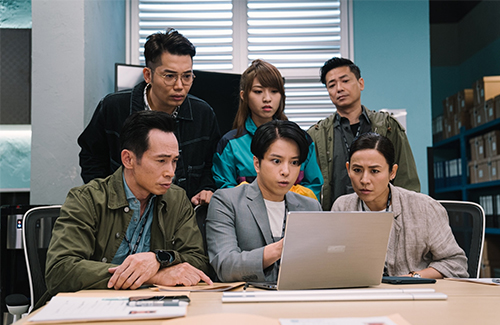


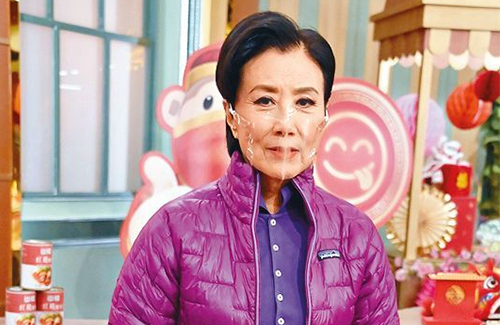
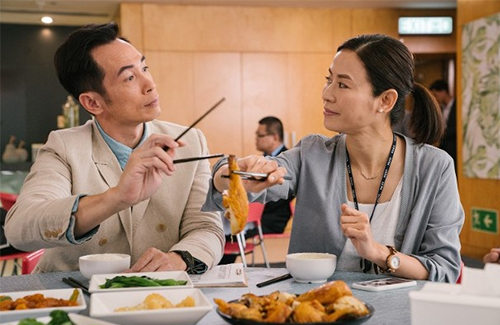
That’s why ‘When Heavens Burn’, one of the best ever TVB series had poor ratings. HK viewers don’t like to think after a stressful day. They like to watch ‘come home love’
and she think the audience is stupid, just like typical TVB production. end up they are the one with lazy production.
@ak47
Remember! At the end of a case, the murderer always confesses. That’s TVB anyway…
But I think all the dramas mentioned above are very good including Face to Face! It’s one of my favourite. It was funny that Raymond Cho was so bad in it…:P
@snoopy
The problem with face to face was Ekin. Anything with Ekin will be a mess….
No wonder her drama seem so stupid and meaningless. You watch a few moments and could predict the entire plot.
@m0m0 But that’s like 99% of TVB series though. True, there are producers and writers that do a better job than others, but at the end of the day, the fault lies with TVB and their restrictive environment, which has long been known to stifle creativity. This has always been TVB’s issue and has never changed in the 50+ years they’ve been in existence. In the 80s and early 90s, TVB was able to cover up these shortcomings due to the over-abundance of talent, but in the last 20 years or so, with the talent drained to the point of non-existence, these issues became a lot more apparent.
And what sucks is that TVB always tries to “blame the audience”, claiming that their housewife audiences aren’t going to understand complicated plots, but it’s actually TVB being lazy…over the years, they had many chances to go a more creative route by targeting an evolving audience pool, but each time, they choose to go back to catering to a largely housewife audience so they don’t have to change the way they operate.
At the end of the day, it’s really TVB management / execs that should be blamed, not the producers / writers….